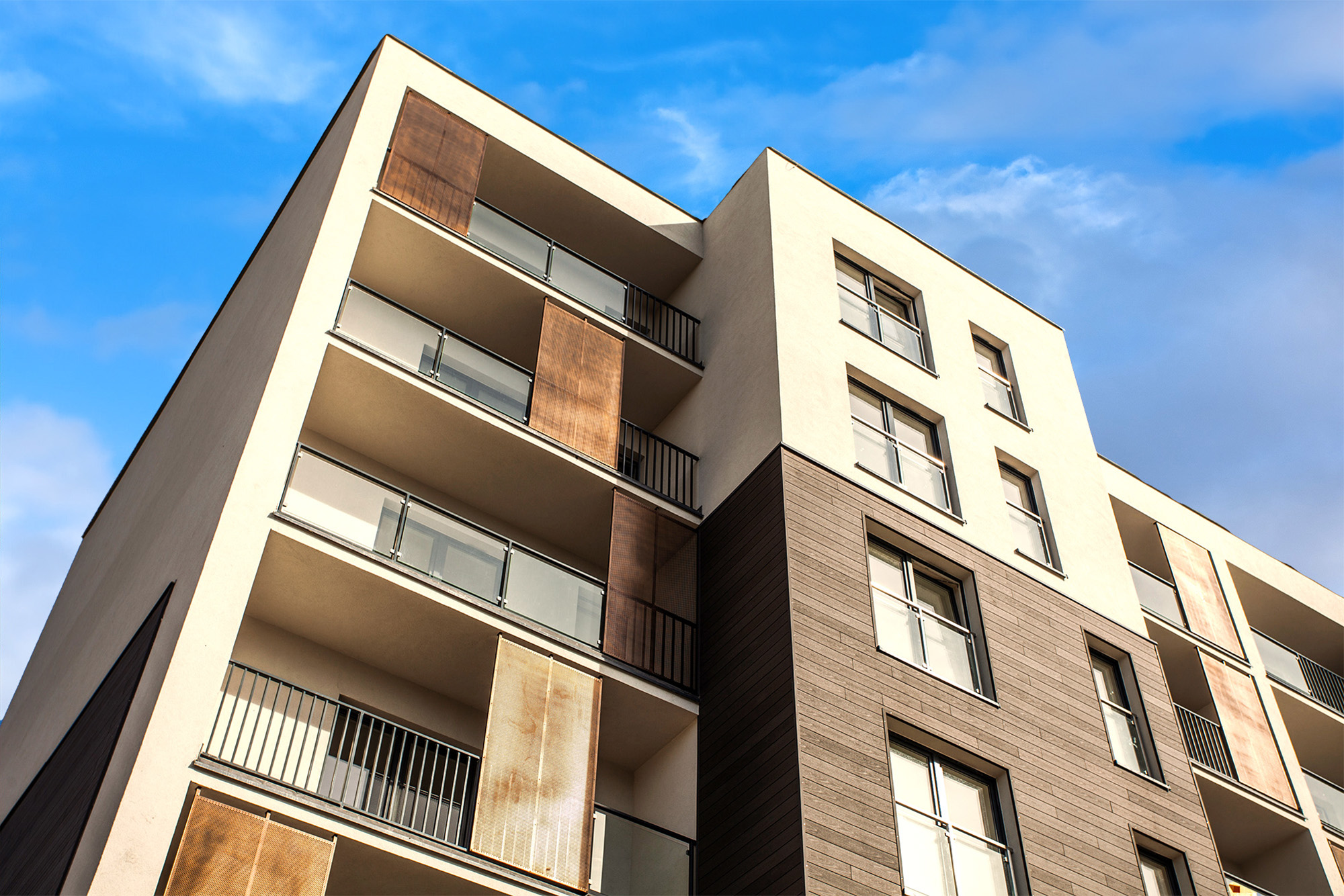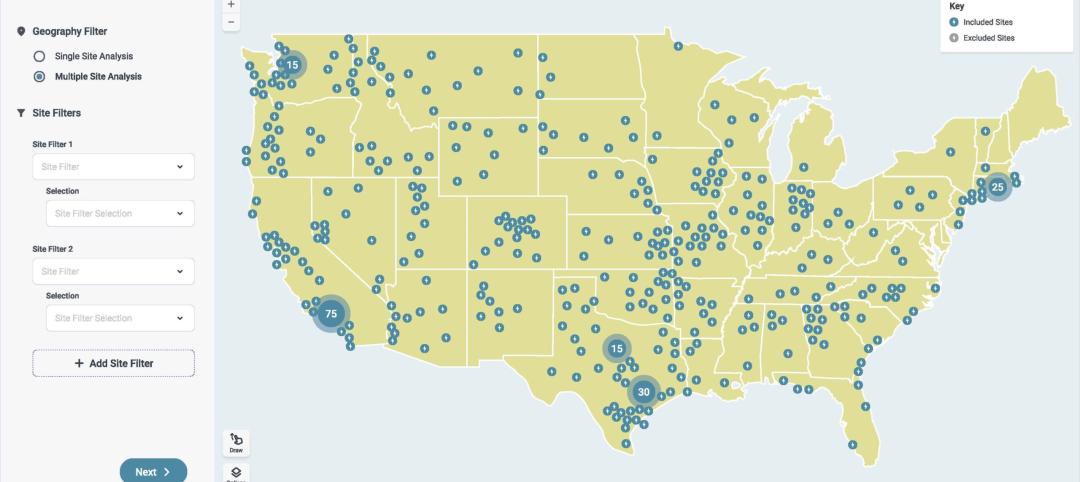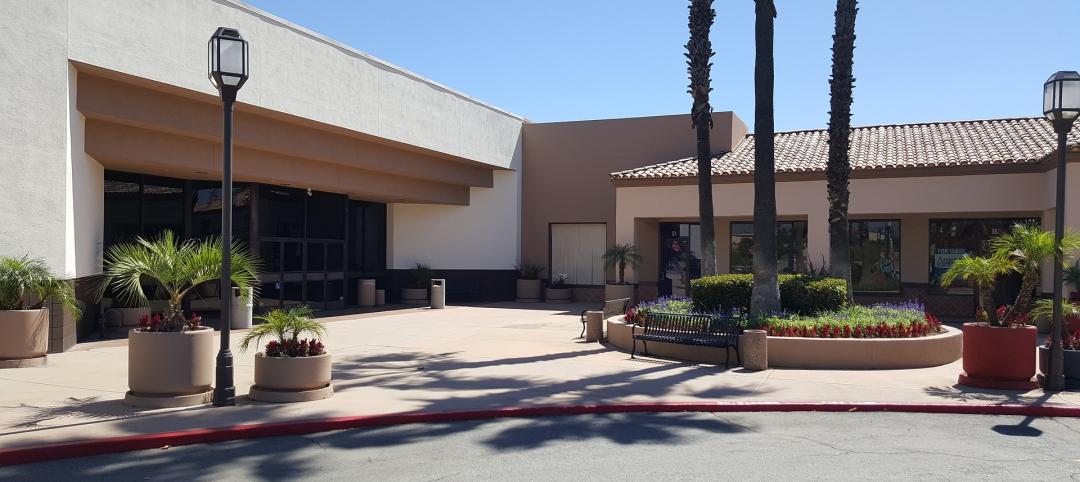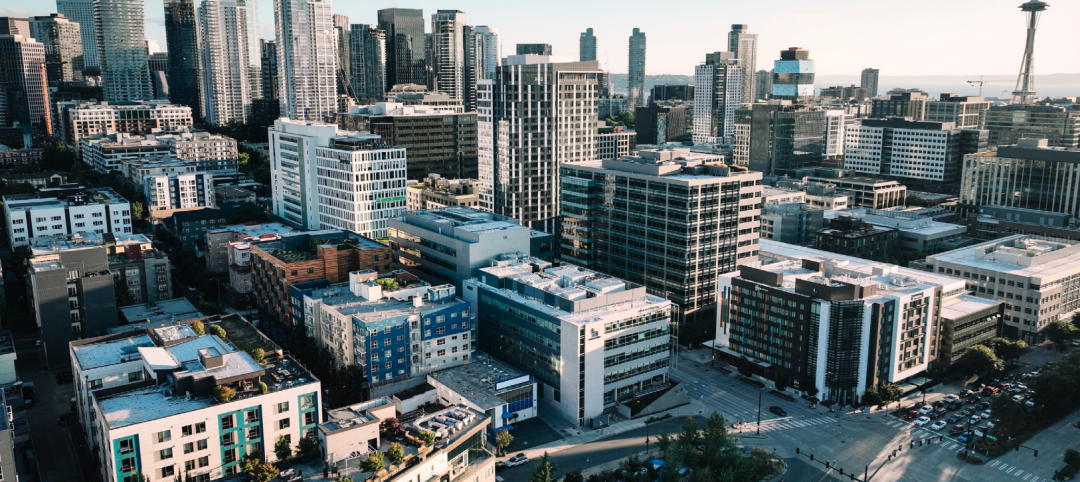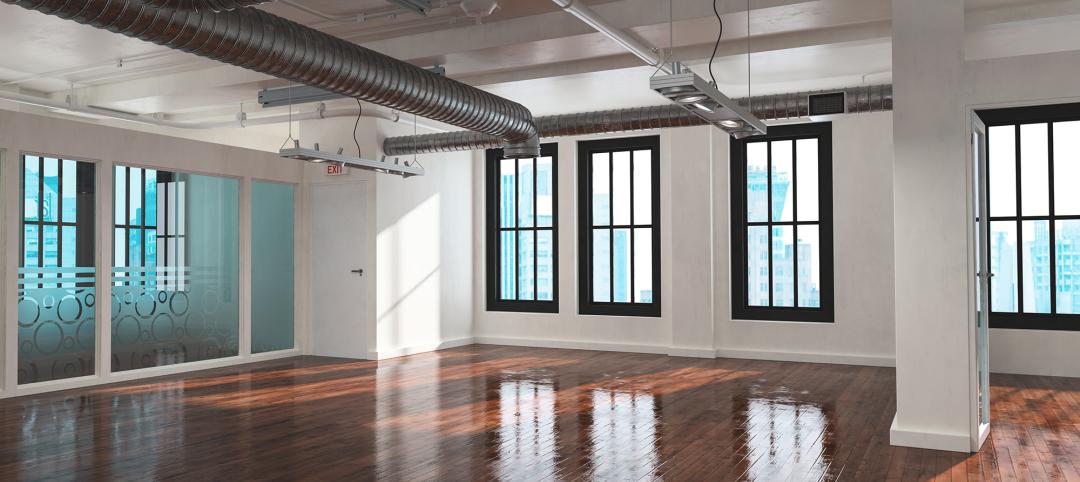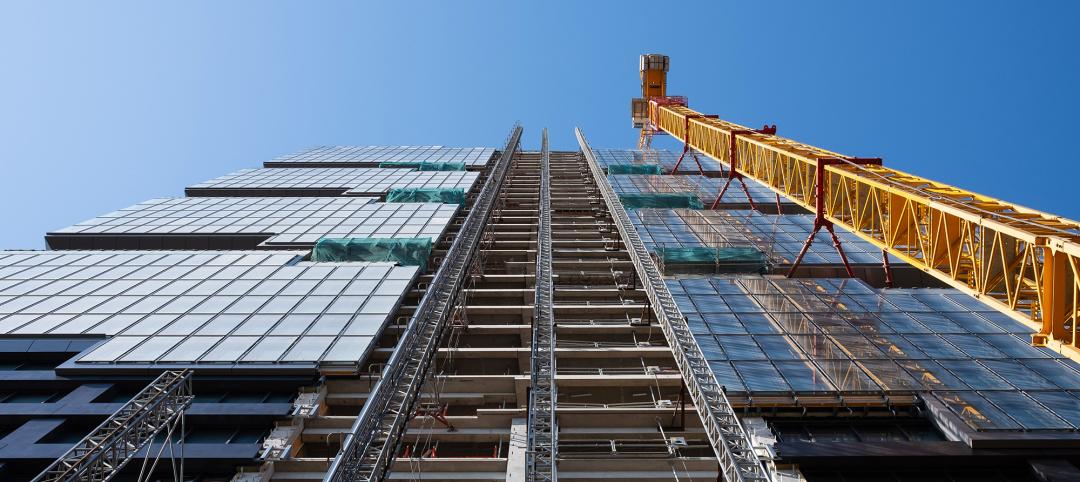Over 56 developers, operators, and investors across the country were surveyed in John Burns Research and Consulting's recently-launched Apartment Developer and Investor Survey. The November 2023 report collected two month's of data to find clarity in the multifamily market, including capital access, lease-up challenges, and the overall development pipeline.
Overall, Burns has outlined four key takeaways for developers and investors to be mindful of in 2024.
Burns Apartment Developer and Investor Survey Takeaways
1. Apartment developers anticipate a dramatic decrease in construction and new starts
As post-Covid construction has peaked, developers expect new apartment starts to slow by 20–50%.
Forty percent of developers surveyed have over 500 units currently under construction. While a surge of projects will finish by 2025, future starts are believed to slow dramatically.
Nearly all respondents have found securing financing to be increasingly difficult.
2. Investors “sidelined” as interest rates create cautious lenders
Apartment transactions have come to a halt as financing tightens and pricing uncertainty grows. Only 16% of those surveyed reported selling an apartment property in the last six months, and 70% say they are not planning to purchase in the next six months.
There was little consensus on current pricing levels. A few respondents believe their assets are undervalued, while the rest are split between seeing their assets as fairly-priced or overvalued. According to Burns, this disparity reflects the ongoing disconnect between buyers and sellers.
3. Affordability is an important factor for residents of newly opened communities
A significant factor for resident retention is affordability. The research finds that the most common reasons tenants won't renew their lease is to move into a less expensive apartment or to move in with roommates instead.
Three-quarters (75%) of respondents are averaging double-digit monthly leases at unstabilized communities as well, indicating healthy lease-up trends.
4. Thoughtful design and amenities—especially service-oriented ones—must be superior
According to Burns, developers have underscored the importance of project design and high-quality amenities. Those surveyed indicated that new communities must have amenities that are in-line, if not superior, to the competition.
Some have also begun focusing less on physical amenities like pools and parks, and more on service-oriented amenities such as concierge services.
Click here to access the entire Apartment Developer and Investor Survey.
Related Stories
Engineers | Nov 27, 2023
Kimley-Horn eliminates the guesswork of electric vehicle charger site selection
Private businesses and governments can now choose their new electric vehicle (EV) charger locations with data-driven precision. Kimley-Horn, the national engineering, planning, and design consulting firm, today launched TREDLite EV, a cloud-based tool that helps organizations develop and optimize their EV charger deployment strategies based on the organization’s unique priorities.
MFPRO+ News | Nov 21, 2023
Underused strip malls offer great potential for conversions to residential use
Replacing moribund strip malls with multifamily housing could make a notable dent in the housing shortage and revitalize under-used properties across the country, according to a report from housing nonprofit Enterprise Community Partners.
MFPRO+ News | Nov 21, 2023
Renters value amenities that support a mobile, connected lifestyle
Multifamily renters prioritize features and amenities that reflect a mobile, connected lifestyle, according to the National Multifamily Housing Council (NMHC) and Grace Hill 2024 Renter Preferences Survey.
Industry Research | Nov 17, 2023
Air conditioning amenity sees largest growth in Pacific Northwest region
The 2024 Renter Preferences Survey Report sheds light on the demographics, lifestyle, connectivity needs, and more for the renters of today. At the top of this list—the feature that respondents are “interested in” or “won't rent without”—is air conditioning.
MFPRO+ News | Nov 15, 2023
Average U.S multifamily rents drop $3 to $1,718 in October 2023: Yardi Matrix
Multifamily fundamentals continued to soften and impact rents last month, according to the latest Yardi Matrix National Multifamily Report. The average U.S. asking rent dropped $3 to $1,718 in October, with year-over-year growth moderating to 0.4%, down 40 basis points from September. Occupancy slid to 94.9%, marking the first decline in four months.
MFPRO+ Special Reports | Nov 14, 2023
Register today! Key trends in the multifamily housing market for 2024 - BD+C Live Webinar
Join the BD+C and Multifamily Pro+ editorial team for this live webinar on key trends and innovations in the $110 billion U.S. multifamily housing market. A trio of multifamily design and construction experts will present their latest projects, trends, innovations, and data/research on the three primary multifamily sub-sectors: rental housing, senior living, and student housing.
Office Buildings | Nov 10, 2023
3 important early considerations for office-to-residential conversions
Scott Campagna, PE, Senior Director of Housing, IMEG Corp, shares insights from experts on office-to-residential conversion issues that may be mitigated when dealt with early.
Multifamily Housing | Nov 9, 2023
Multifamily project completions forecast to slow starting 2026
Yardi Matrix has released its Q4 2023 Multifamily Supply Forecast, emphasizing a short-term spike and plateau of new construction.
MFPRO+ News | Nov 1, 2023
Washington, D.C., Queens, N.Y., lead nation in number of new apartments by zip code
A study of new apartment construction by zip code showed Washington D.C., and the Queens borough of New York City are the hottest multifamily markets since 2018, according to RentCafe.
Adaptive Reuse | Nov 1, 2023
Biden Administration reveals plan to spur more office-to-residential conversions
The Biden Administration recently announced plans to encourage more office buildings to be converted to residential use. The plan includes using federal money to lend to developers for conversion projects and selling government property that is suitable for conversions.



